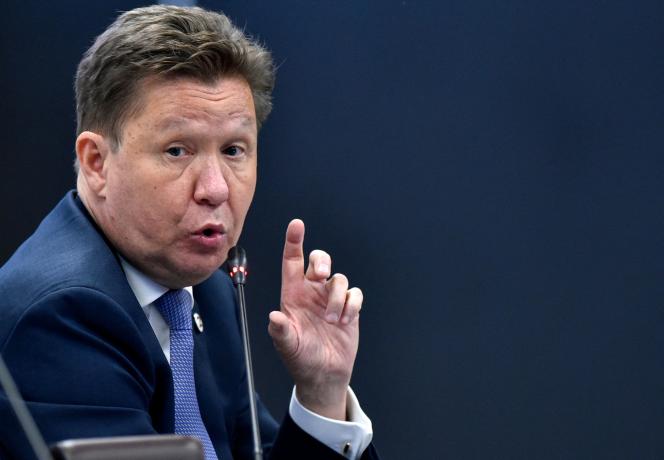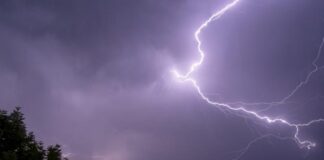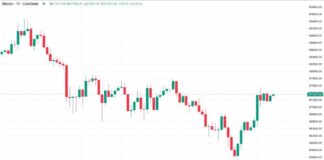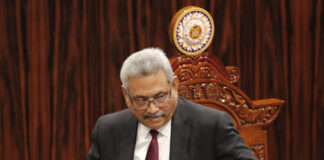The boss of the Russian gas giant Gazprom, Alexei Miller, defended, Thursday, June 16, the choices of his group, which continues to lower its deliveries to Europe in the context of the Russian offensive in Ukraine and Western sanctions against Moscow.
“Our product, our rules. We don’t play by rules we didn’t make,” Miller said at the St. Petersburg Economic Forum. “Russia is a reliable energy supplier for friends of Russia,” he added.
Russian gas exports to Europe, including Germany, have been steadily declining since the start of Western sanctions against Moscow. Gazprom, which had reduced its gas deliveries to the Italian group ENI by 15% on Wednesday, will only deliver 65% of the quantities requested on Thursday, citing technical problems, the Italian company announced. It will also supply less gas to the Austrian group OMV.
Interruption of certain deliveries
If the European Union seeks to get rid of its energy dependence on Russia, Gazprom has taken the lead in interrupting its gas deliveries to several European customers who refused to pay in rubles, as the Kremlin is now demanding. .
Added to this is the 60% drop this week in gas delivered to Europe by the Nord Stream gas pipeline, Gazprom assuring that this is due to difficulties with turbines from the German group Siemens caused by Western sanctions. “Today, there is no way to resolve” this situation, Mr. Miller said, assuring that “Siemens remains silent”.
“Yes, we have dwindling supplies to Europe,” he said, assuring that “in the very near future, the demand for liquid natural gas (LNG) in the Asia-Pacific market will grow.” Sending a claw to the Europeans, he assured that the latter “said that long-term contracts are not necessary, so they are not necessary … we have fulfilled our obligations to you”.
Soaring gas prices
Revenues from Russia were not affected by this drop in deliveries, due to the surge in gas prices. The Kremlin has never ceased to affirm, therefore, that the decisions of European leaders affect above all their own population.
Gas prices continued to soar on Thursday, galvanized by a sharp cut in supply from Russia, while oil was still declining, worried about a possible recession undermining demand.
Around 4:20 p.m. in Paris, the Dutch TTF, the benchmark for natural gas in Europe, was at 134.30 euros per megawatt hour (MWh). The TTF has jumped more than 60% since Monday, approaching 150 euros per MWh on Thursday. Such prices had not been recorded since March, when natural gas was boosted to an all-time high. British gas was trading at 282 pence per therm (a unit quantity of heat), after peaking at 315.07 pence, gaining more than 88% since Monday.

















